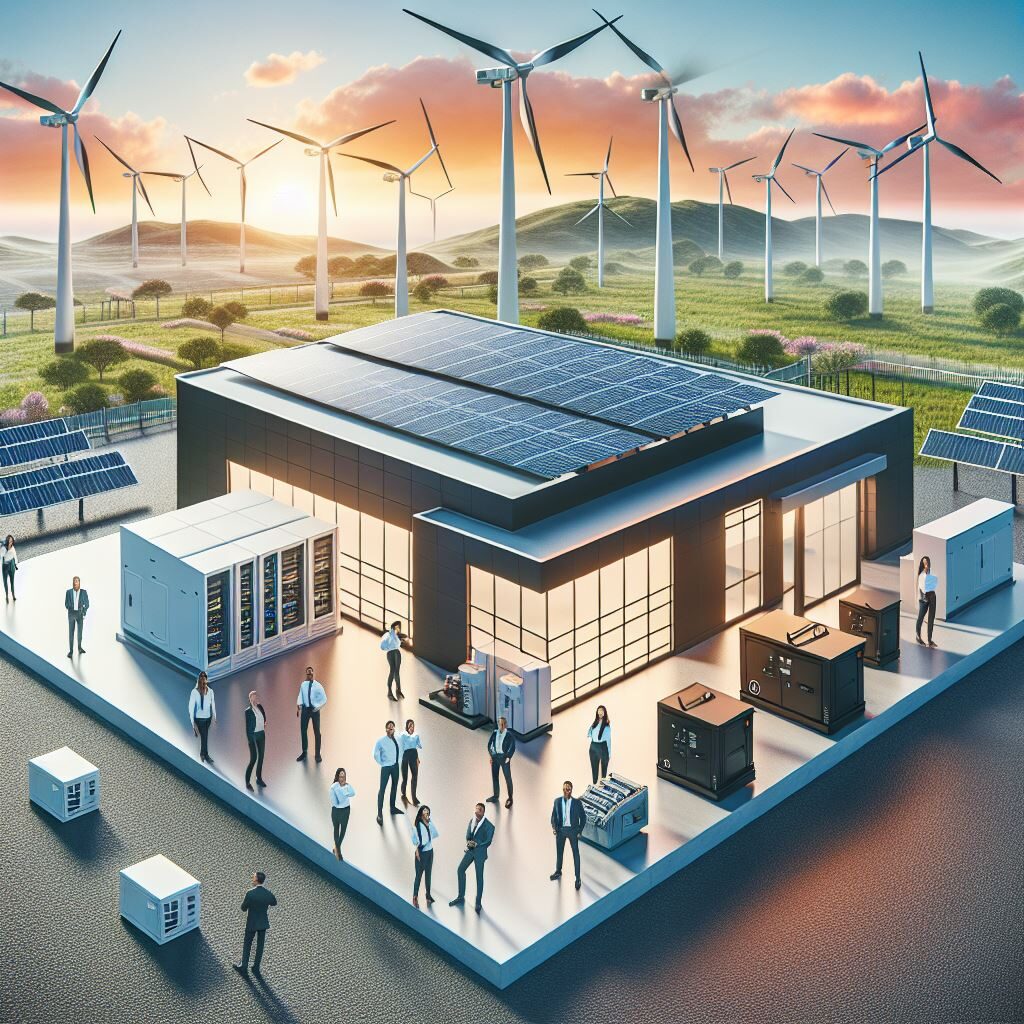In today’s fast-paced business environment, maintaining continuous power is crucial for commercial spaces. Power outages can lead to significant financial losses, disrupt operations, and compromise safety. Therefore, having reliable emergency power solutions is essential. This blog post explores various emergency power options for commercial spaces, ensuring businesses remain operational during unexpected power interruptions.
1. Uninterruptible Power Supply (UPS) Systems
A UPS system provides immediate backup power to critical equipment during a power outage. It ensures that computers, servers, and other essential devices continue to operate without interruption. UPS systems are particularly useful for short-term power outages and provide enough time to safely shut down equipment or switch to a more robust backup power source.
2. Standby Generators
Standby generators are a popular choice for commercial spaces. These generators automatically kick in when a power outage is detected, providing a seamless transition to backup power. They can run on various fuels, including diesel, natural gas, and propane. Standby generators are ideal for longer power outages and can support the entire building’s electrical load.
3. Portable Generators
Portable generators offer a flexible and cost-effective solution for emergency power. They are easy to transport and can be used in different locations within the commercial space. While they may not provide as much power as standby generators, they are suitable for powering essential equipment and lighting during short-term outages.
4. Battery Storage Systems
Battery storage systems store energy from the grid or renewable sources, such as solar panels, and provide backup power during outages. These systems are environmentally friendly and can reduce reliance on fossil fuels. Battery storage is an excellent option for businesses looking to integrate renewable energy solutions into their emergency power plans.
5. Microgrids
A microgrid is a localized energy system that can operate independently from the main power grid. It combines various power sources, such as solar panels, wind turbines, and generators, with energy storage systems. Microgrids provide a reliable and sustainable emergency power solution, ensuring continuous operation even during extended outages.
6. Fuel Cells
Fuel cells generate electricity through a chemical reaction between hydrogen and oxygen, producing only water and heat as byproducts. They offer a clean and efficient emergency power solution for commercial spaces. Fuel cells can provide continuous power for extended periods, making them suitable for critical applications.
7. Regular Maintenance and Testing
Regardless of the emergency power solution chosen, regular maintenance and testing are crucial to ensure reliability. Scheduled inspections, load testing, and fuel checks help identify potential issues before they become critical. Proper maintenance ensures that backup power systems are ready to perform when needed.
Conclusion
Investing in reliable emergency power solutions is essential for commercial spaces to maintain operations and ensure safety during power outages. By understanding the various options available, businesses can choose the best solution to meet their specific needs. Whether it’s a UPS system for short-term outages or a microgrid for sustainable power, having a robust emergency power plan in place is a smart business decision.

